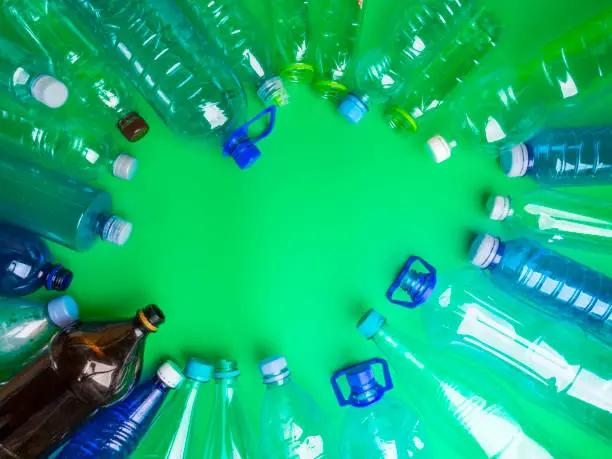The Impact of Bottle Deposits on Recycling and Sustainability

Bottle deposits are a standard environmental policy implemented in many regions worldwide. These programs require consumers to pay a small deposit when purchasing beverage containers, typically made of glass, plastic, or aluminum. The deposit is refunded when the empty container is returned to a designated redemption center. You will be amazed to know that Alberta bottle return rates are among the highest in the world, demonstrating the effectiveness of this policy in promoting recycling and reducing litter.
This system has been widely adopted to increase recycling rates and reduce litter. But how effective are bottle deposits in achieving these goals? Let’s discover the impact of these programs on recycling and sustainability.
How Do Bottle Deposits Impact Sustainability?
Increased Recycling Rates
One of the most significant benefits of the Alberta bottle deposit (or nearby) is its ability to boost recycling rates. When consumers are incentivized with a monetary reward for returning their empty containers, they are likelier to do so. The increase in returns leads to a higher volume of recyclable materials entering the recycling stream.
Alberta bottle return rates are a shining example of how effective container deposit systems can be in promoting recycling and reducing litter. The province has consistently maintained high return rates, often exceeding 90%, demonstrating the program’s success in encouraging consumers to recycle their beverage containers.
Community Development
Bottle deposit programs can support community development in several ways. The revenue generated from deposits can fund local initiatives, such as parks, schools, and environmental projects. Additionally, the increased recycling rates can create jobs in the recycling industry, providing economic opportunities for local communities.
Reduction of Litter
Another positive consequence of Alberta bottle deposit (or other regions) is a reduction in litter. When consumers know they can receive a refund for their empty containers, they are less likely to discard them carelessly. The reduction in litter improves the aesthetic appeal of communities. It benefits wildlife and ecosystems that can be negatively impacted by litter.
Economic Benefits
Bottle deposit programs can also have economic benefits. The funds collected from deposits can support recycling infrastructure, education programs, and other environmental initiatives. Additionally, the increased recycling rates can stimulate local economies by creating jobs in the recycling industry. In many communities, bottle-drive fundraisers have become popular ways to raise money for local organizations, further emphasizing the economic benefits of these programs.
Consumer Empowerment
Bottle deposit systems can empower consumers by incentivizing them to recycle. By returning their empty containers for a refund, consumers can contribute to environmental sustainability while benefiting financially. Additionally, bottle deposits can encourage consumers to choose products with recyclable packaging, promoting sustainable consumption habits.
Challenges and Considerations
While bottle deposits offer numerous advantages, some challenges and considerations must be considered. One potential drawback is the cost of implementing and administering these programs. Redemption centers require infrastructure and staffing, and there may be challenges in ensuring that all retailers comply with the deposit laws.
Some critics argue that bottle deposits can lead to unintended consequences, such as displacing recycling efforts for other materials or creating black markets for empty containers. However, studies have shown that these concerns are minimal when the programs are well-designed and enforced.
Conclusion
Bottle deposits have proven to be an effective tool for increasing recycling rates and reducing litter. By providing consumers with a financial incentive to return their empty containers, these programs have significantly contributed to environmental sustainability through bottle drive fundraisers. While there may be challenges to consider, the overall benefits of bottle deposits often outweigh the costs, making them a valuable policy option for governments and communities seeking to address waste management and environmental protection.
Keep an eye for more news & updates on UsaTechMagazine!





